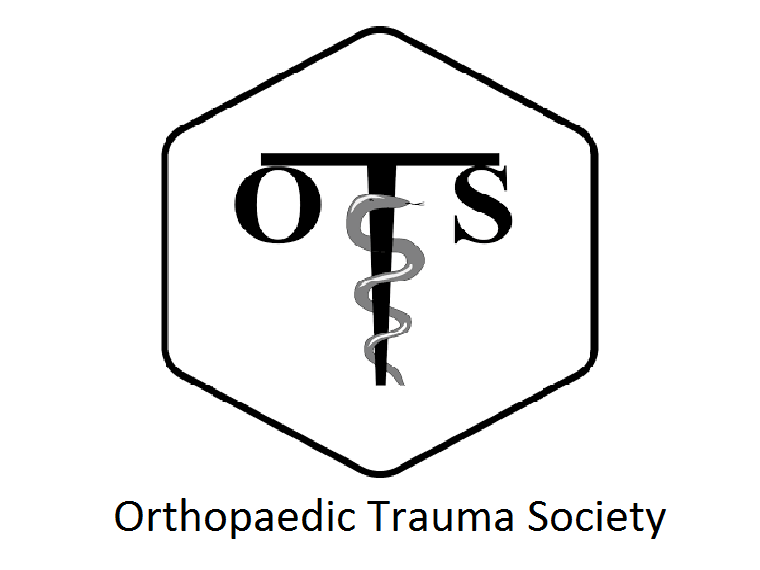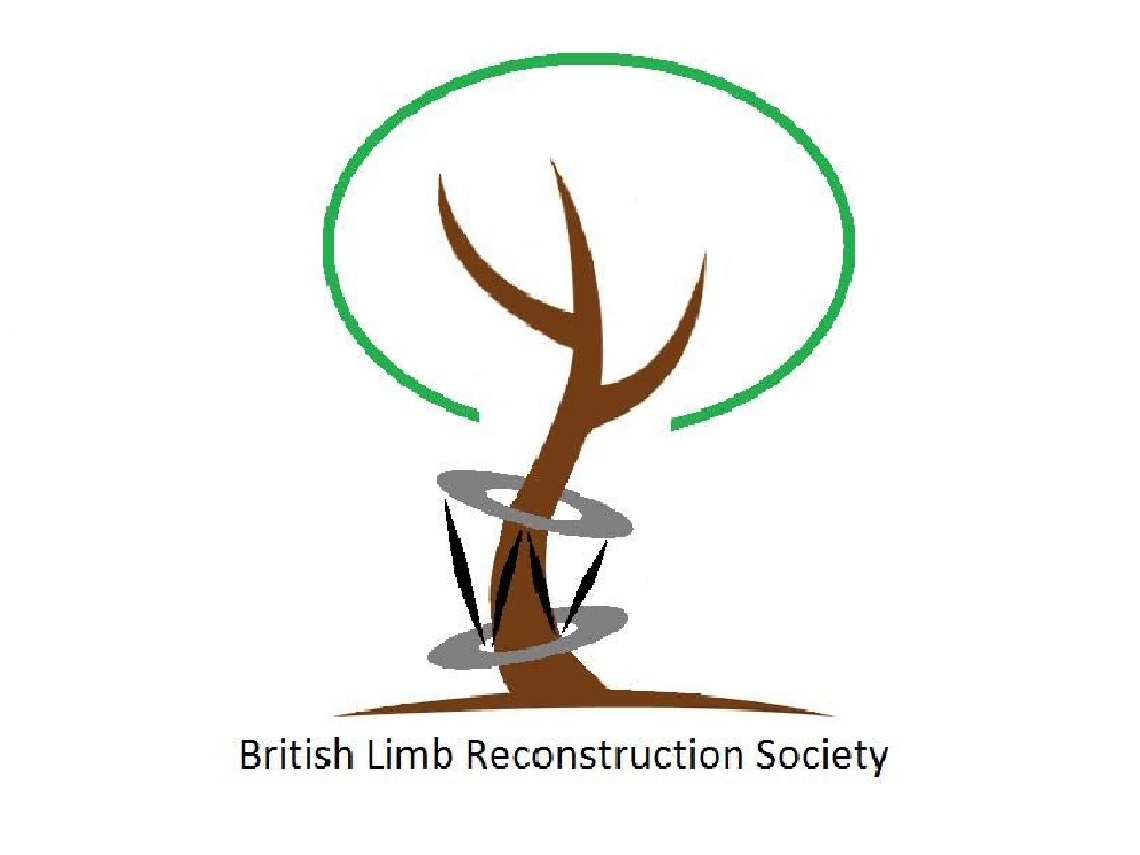BOAST - Fracture Related Infections (FRI)



Date Published: September 2019
Last Updated: September 2019
Background and justification
Co-morbidities, associated local soft tissue injury, open wounds and the use of implants all increase the vulnerability to infection of patients with surgically managed fractures. The consequences of infection can be serious for the patient and expensive for the service. Systems for the effective prevention, detection and management of infection should be a central component of an orthopaedic trauma service.
Inclusions
All patients with surgically managed fractures.
Standards for Practice
-
Prevention and awareness of FRI
- A Trust* should be able to demonstrate that it uses an agreed uniform set of standards for the prevention of implant related infection in trauma and elective orthopaedic surgery.
- Open fractures should be managed according to the Open fracture BOAST and the NICE guideline for complex fractures.
- There should be readily available guidance for primary carers and patients on how to respond in the event of a suspected fracture related infection. This should be included in discharge documentation.
-
Suspected early or acute FRI (following recent fracture fixation and before the wound has fully healed)
- Any patient who has signs of systemic sepsis should have a medical assessment immediately4. Blood cultures should be taken. Parenteral antibiotic treatment must not be delayed in an acutely septic patient.
- A patient who is not systemically unwell should be reviewed by a consultant in a clinic within 48 hours. Antibiotic treatment should not be commenced before that review.
- Every trust/hospital must have a policy relating to the pathway management of a patient with a ‘leaky’ orthopaedic wound which includes prompt consultant review.
- A tertiary referral pathway should be available. It is likely that this would be aligned with that for open fractures within a trauma network.
-
Suspected late or recurrent FRI
-
An MDT¥ focused on bone infection management should be consulted for all late and recurrent infections, those that do not respond to initial treatment, infected non-unions and infected fractures with major bone and soft tissue defects.
-
-
Assessment of FRI
A diagnostic work up should be performed for all potentially infected cases. This should include:-
Blood cultures in all febrile and/or systemically septic patients.
-
Plain radiology to assess implant loosening, periosteal reaction and bone lysis.
-
Clinical photography of wound, with images available in the patients records for comparison at subsequent review.
-
Documentation of prompt consideration of early deep sampling radiologically or surgically (debridement). Consider ultrasound guided aspiration of possible collections for microbiological culture particularly if debridement surgery is likely to be delayed. When debridement is indicated 5 samples should be taken from around the fracture site for microbiological culture using separate sterile instruments and a no touch technique for each. In all chronic infections and when the diagnosis is in doubt in acute infections take 2 samples for histology.
-
For stable patients the optimum antibiotic free duration before sampling should be discussed with microbiology. In non-acute infections this should be a minimum of 2 weeks.
-
-
Management of FRI
-
Empiric antibiotics without a diagnostic work up should not be given and if already commenced should be stopped.
-
Early infections may be managed in the acute trauma unit with microbiological support or referred on. Management should be directed by a consultant surgeon and should include a documented plan including consideration of:
— diagnostic sampling, debridement, assessment of fracture stability and provision of definitive soft tissue cover.
— whether metalwork can be safely removed when the surgical endpoint of fracture union has been reached.
-
When there is doubt about the need for deep sampling, antibiotics should be withheld and there should be senior clinical review after a period of rest and elevation.
-
Broad-spectrum antibiotics should be started after sampling. Trusts should have a relevant antibiotic policy. Antibiotics must be reviewed after 48 hours with preliminary culture results.
-
Antimicrobial therapy should be narrowed and be culture specific as soon as possible. Trusts should provide 24 hour telephone or bedside Microbiology advice for drug choice, monitoring and duration.
-
All antimicrobial plans should be made by an infection specialist with appropriate review of interactions with other medications and with follow up of complex cases or those requiring prolonged courses.
-
-
Secondary fracture surgery
-
The presence of infection should be considered in any patient having further surgery following initial fracture fixation for instance for non or delayed union.
-
The work up should be the same as in a suspected infection.
-
Where surgical exposure allows, 5 samples for microbiology (using separate sterile instruments) and 2 for histology should be taken at the time of subsequent surgery unless the fracture is soundly united with no evidence for infection and the procedure was for the elective removal of metalwork.
-
The Trust’s antibiotic policy should include guidance on how to manage these patients whilst awaiting culture results.
-
-
Monitoring and follow up of patients with early FRI
-
All medical management should be consultant-led.
-
All in-patients with proven or suspected FRI should be the subject of weekly bone and joint infection MDT review to rationalise surgical strategy and antimicrobial management. MDT time should be sufficient to review relevant out-patients too.
-
Failure of response to initial treatment should be re-evaluated by the local MDT, to include discussion of the need for tertiary referral.
-
-
Evaluation of Outcomes
-
Trusts must have a robust surgical site infection surveillance system5.
-
There must be a clinical governance structure in place to review:
— primary outcome measures (re-operation rates, non-union, infection recurrence, amputation and death)
— access to care (turnaround times)
-
*TRUST = the term Trust is used for brevity and should be interpreted as “Hospital Trust or equivalent responsible body”.
¥ MDT = multidisciplinary team which should include orthopaedic and plastic surgeons experienced in infection management with access to joint operating list, infection specialists and musculoskeletal radiologists.
References
- NICE quality standard [QS61] Infection prevention and control, April 2014
- Open fracture BOAST
- NICE complex fracture guidelines 2016
- NICE guideline: The recognition, diagnosis and management of sepsis, 2016
- https://www.gov.uk/government/collections/surgical-site-infection-ssi-guidance-data-and-analysis
